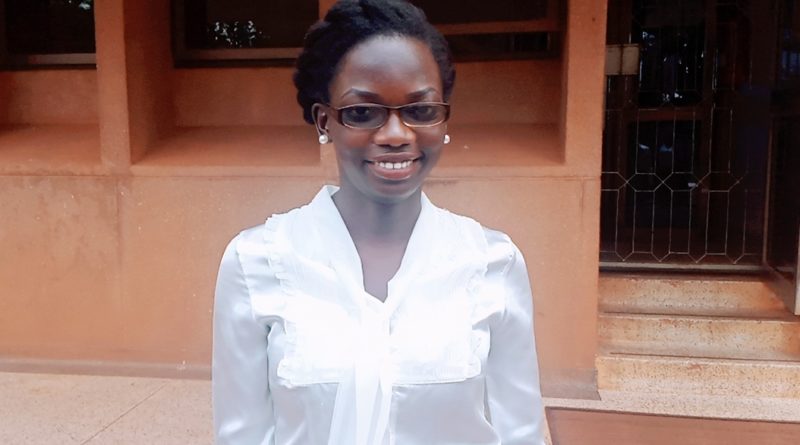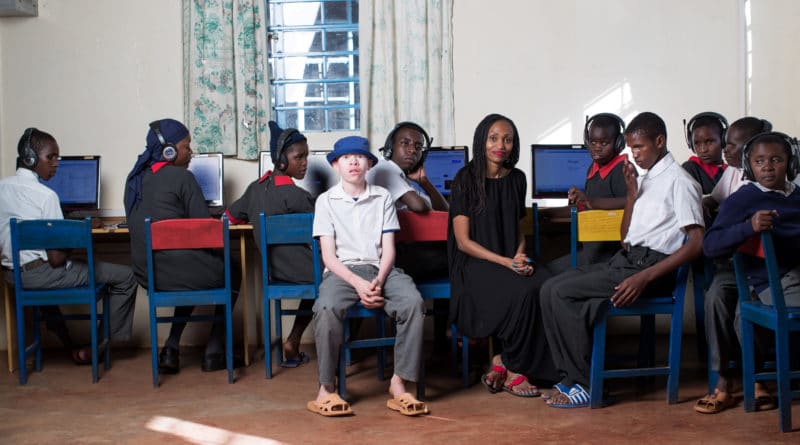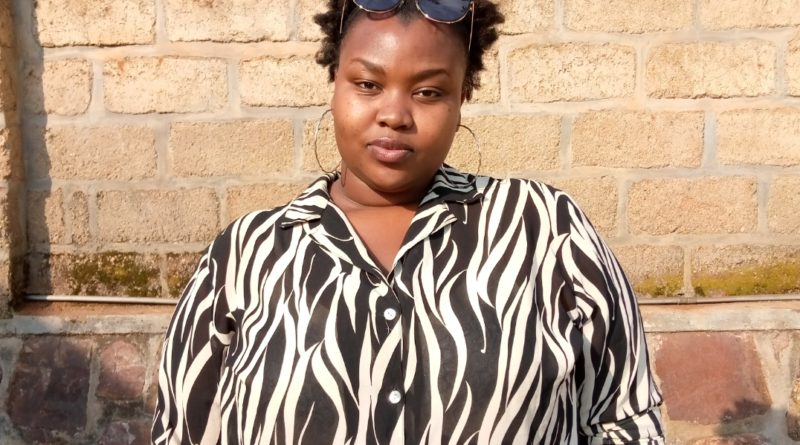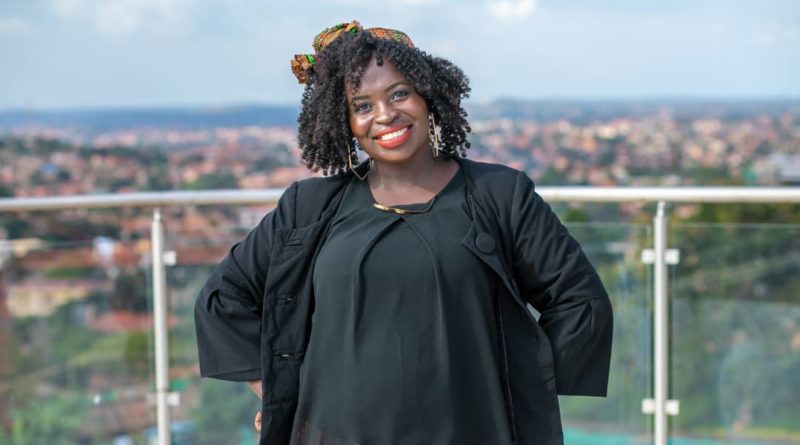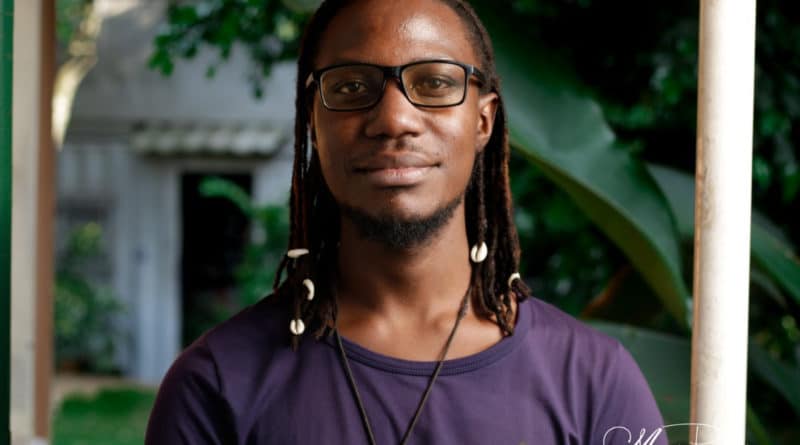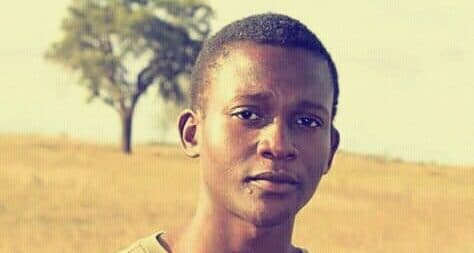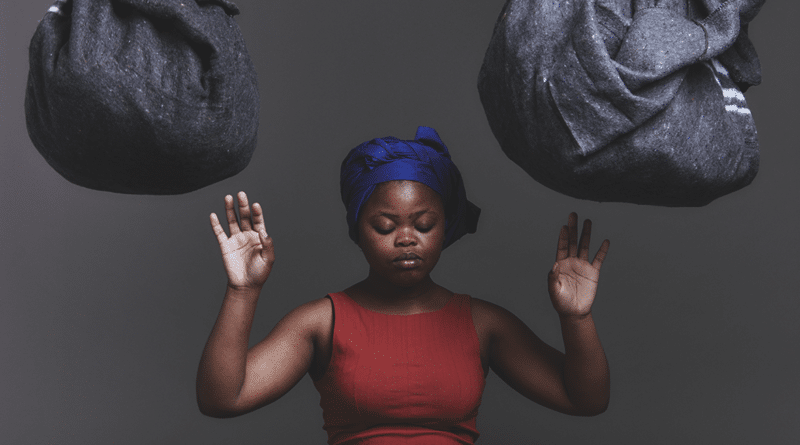Refugees and asylum seekers, people with mental health at risk
A study published on PLOS Medicine shows that migrants experience high rates of depression, anxiety and post-traumatic stress disorders, and that it’s necessary to provide immediate and continuous psychological support.
Leggi di più
